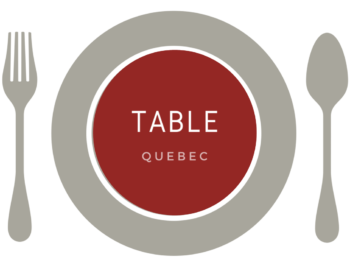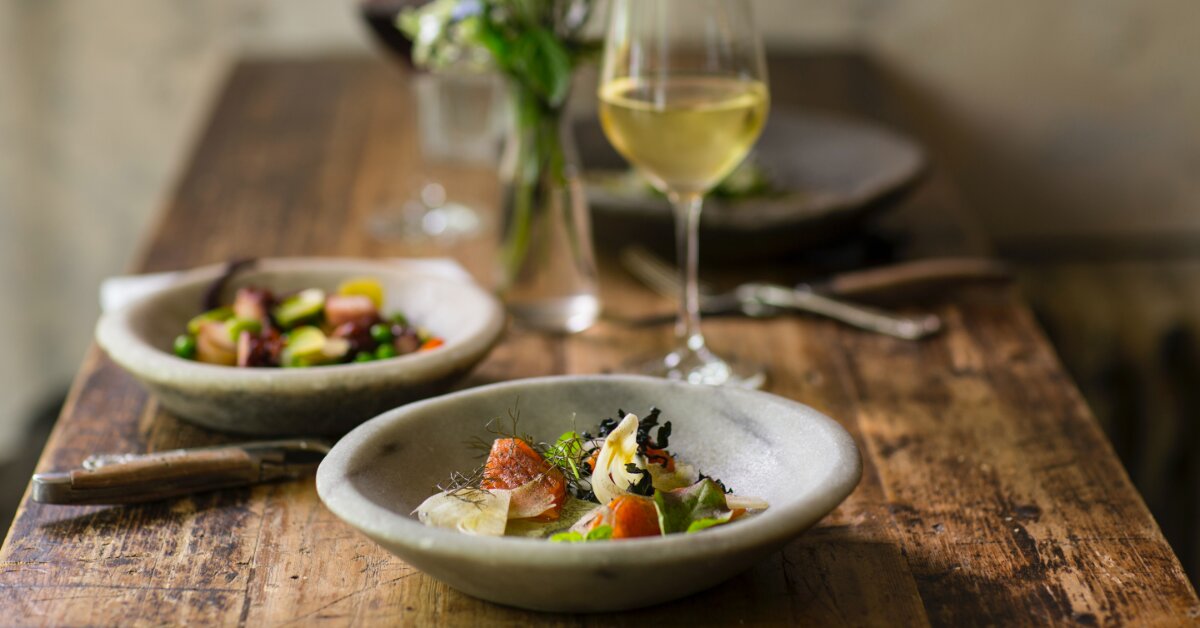Those who are in the cooking profession know about the concept of farm-to-table dining. The general meaning is that fresh food comes on the table directly from the farm. Chefs don’t need to go for buying veggies from stores, groceries, and markets. There is no middle person or distributor needed in this. Some people also call it locally sourced, farm to fork, and farm-fresh. This concept is more traditional and not at all new in the restaurant business. Chefs and restaurateurs enjoy preparing, cooking, and serving the finest and fresh food. Farm-to-table food is fresh, sustainable, organic, and healthy.
Farm to table concept continues to grow over the last four years. Because now people understand its good impact on health. People understand now how hazardous processed packet foods are!
Relationship between farm and restaurant
Farm to table portrays a strong direct relationship between a farm and a restaurant. Many farm-to-table dining restaurants directly have contact with the farm owners. They skip the distributors who usually supply the food to all restaurants. The direct relationship establishment enhances growth in the revenue of both. The farmer gets benefits from selling goods at restaurants rather than in the market. They get good value and demand directly from the tie-ups with certain restaurants. Also, many farmers enjoy knowing their food will be treated and cooked in restaurants. Just after harvesting, food items are directly supplied to the restaurants within hours. Restaurant owners trust a specific farm that can ensure the best food quality. Such relationships build into a deep and long-lasting commitment. Thus farmers produce the requested food items with genuine care. Some restaurants guarantee to buy a certain percentage of a crop.
Such relationships are easier to cooperate when both are nearby to each other. Some restaurants in the cities have small farms adjacent to them.
Examples of Farm to table kitchens
The White House has a kitchen garden. Boston’s farm-to-table restaurants reported healthy sales during a bad recession. And many chefs and restaurant owners praised the virtue of the farm to table concept.
Before starting a farm to table dining restaurant, consider the following list
- Local and organically grown vegetables are expensive. So keep in mind the buyer of the food items should be premium.
- Location and weather conditions decide the quality of the food items.
- Seasonal availability of certain goods in your location is a big challenge.
- If you choose to supply only the local food products, Then you will miss the signature products like Main lobster, Greek Olives, New Zealand lamb etc.
- Whenever the small suppliers experience uncertainties, As a Chef, you need to change menus often. So that you will be in a relevant place in your locality.
- As the size of the operation and local producer’s demands change frequently. Scaling up issues might be faced by restaurant owners.
Assuming you intend to become a part of the farm-to-table dining movement. Then you need to consider the above-mentioned points.

